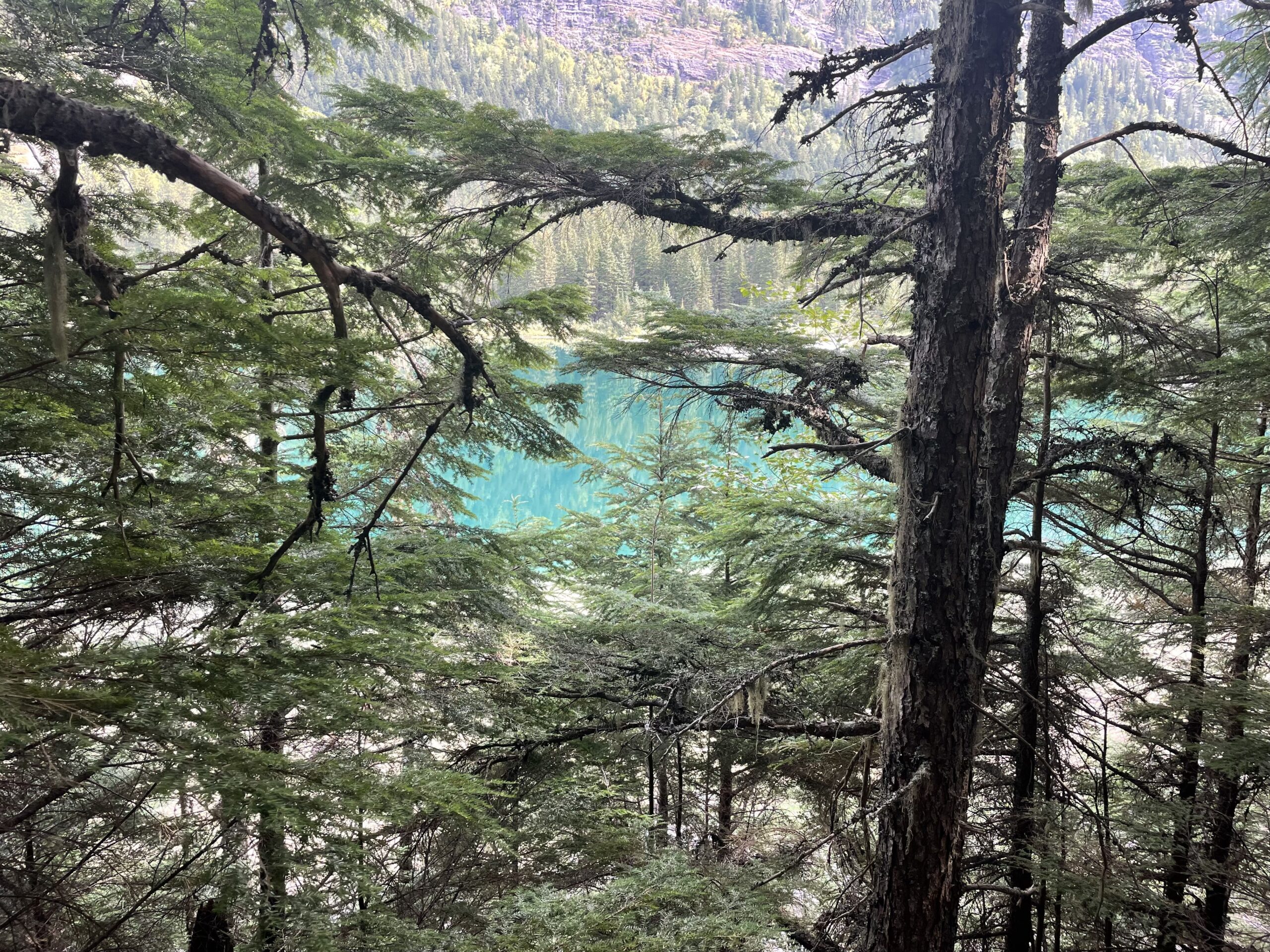
Undergraduate Programs
B.S. in Ecology and Conservation Biology
The Department of Ecology and Conservation Biology at Texas A&M University provides advanced educational opportunities that prepare undergraduate students for leadership in the stewardship and study of terrestrial and aquatic ecological systems.
A Bachelor of Science degree in Ecology and Conservation Biology emphasizes fundamental ecological knowledge and its application to biodiversity conservation, environmental health, and management of complex systems, involving aspects of ecology from genes to ecosystems to the globe. Four degree tracks provide flexibility to pursue one’s chosen career path and readies students for success in a future that needs their expertise.
Ecology and Conservation Biology Degree Tracks
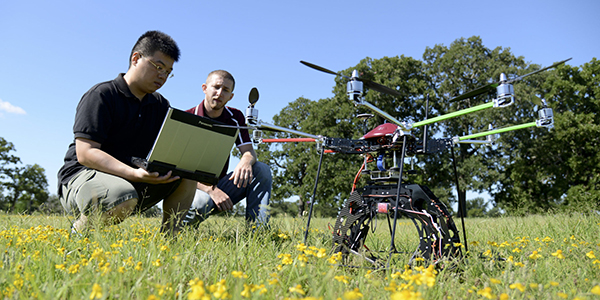
Ecoinformatics
The Ecoinformatics track trains students to integrate digital and information technologies with ecological data analysis to detect, evaluate and predict ecological patterns, disturbances and processes.
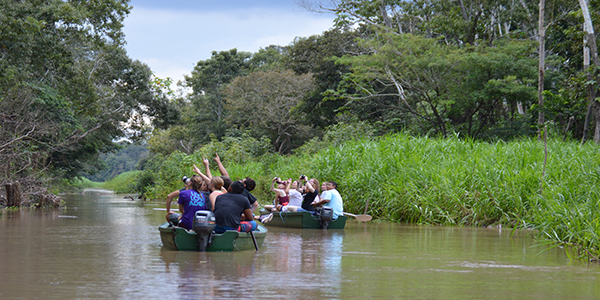
Ecology and Conservation Biology
The Ecology and Conservation Biology track teaches students the fundamentals of ecology and evolution and how to understand issues related to conserving, managing and restoring species, habitats, and ecosystems.
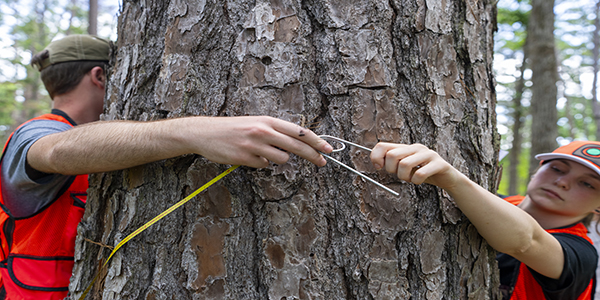
Forest Resources
The Forest Resources track prepares students for a broad array of career opportunities or graduate studies in forestry, natural resources, conservation and environmental-related fields.
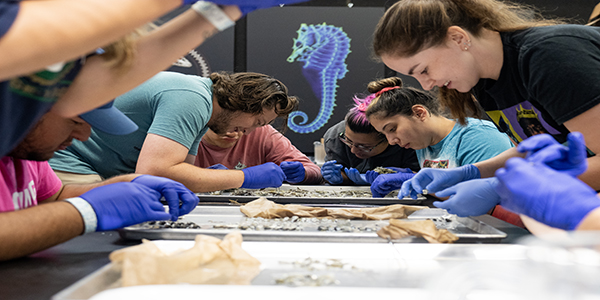
Vertebrate Zoology (Pre-Vet)
The Vertebrate Zoology track is for students with a deep interest in vertebrates, their diversity, ecology, and conservation, and satisfies all prerequisite requirements for veterinary school.
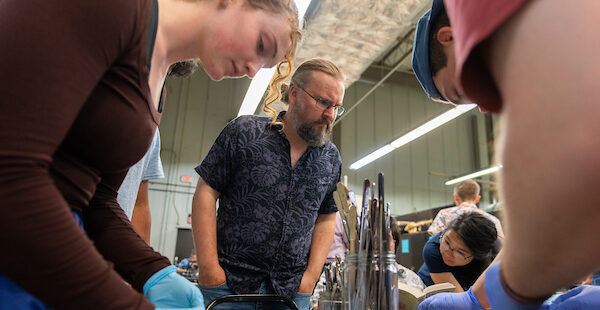
Teaching Track
The Teaching Track in Ecology and Conservation Biology trains future secondary school teachers in the life sciences.
Ecology and Conservation Biology Minors
Our undergraduate minor programs complement your degree to provide you with an additional competitive advantage as you search for job and career opportunities after graduation.
Ecology and Conservation Biology Minor
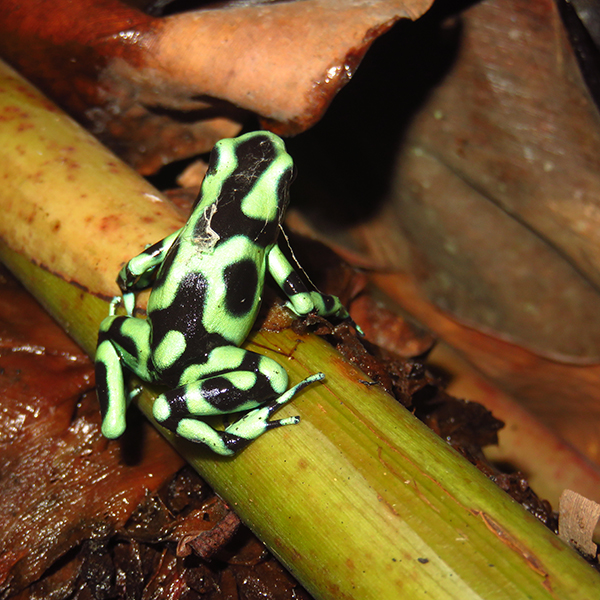
The Ecology and Conservation Biology minor is offered as a supplement to other related majors. Students will gain a foundation in the complex interactions of the Earth’s biodiversity and ecosystems.
Secondary Education (SEED) Minor
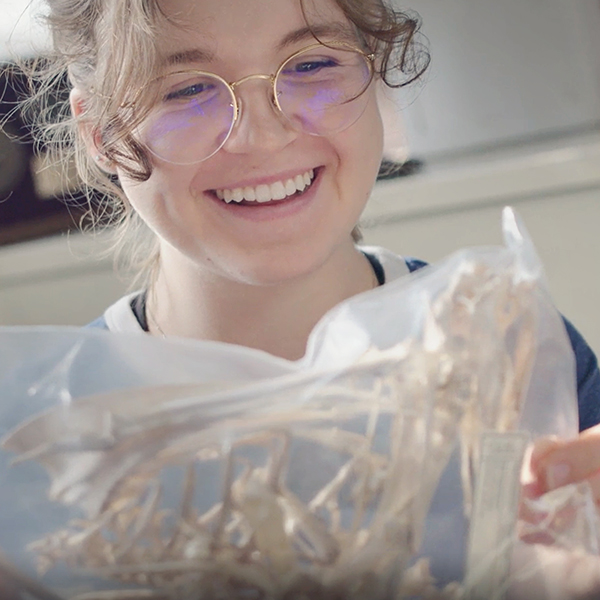
ECCB majors may complement their degree with an aggieTEACH SEED Minor, which provides teacher certification students interested in teaching middle school science or high school life science.
Join our Monthly Prospective Student Informational Webinars
Join us as we discuss our undergraduate programs and the opportunities within our department.
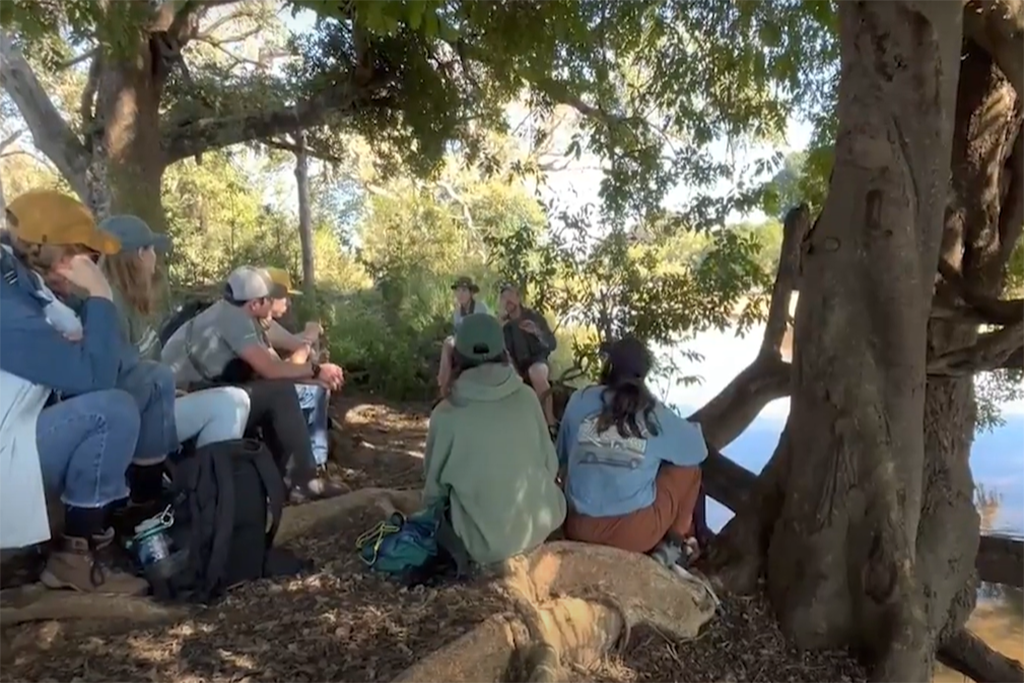
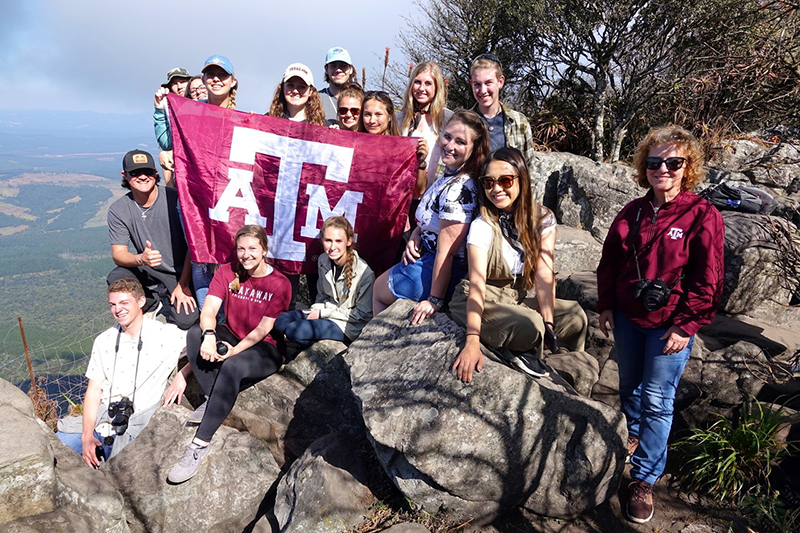
High-impact learning
High-impact learning happens when students are actively engaged in the educational process, expanding learning beyond the classroom. High-impact learning provides hands-on experience and the ability to work closely in a diverse setting. Opportunities include education abroad, undergraduate research, course field trips and internships.
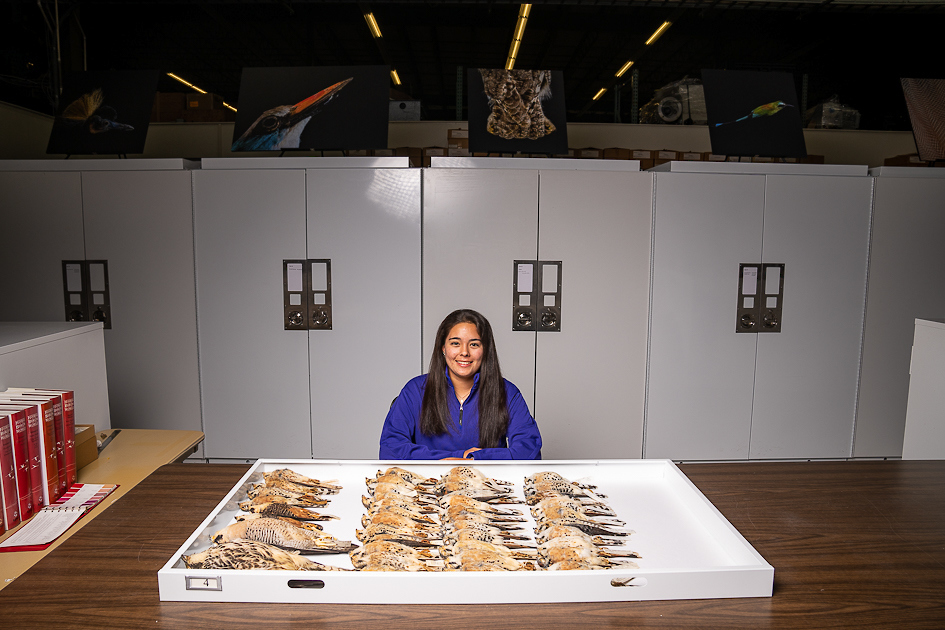
A hands-on approach
“Taking hands-on classes and seeing the interdisciplinary material that was taught for these degree plans is what really solidified my decision to go into an Ecology and Conservation Biology degree instead of biology. In ECCB I found what I was really interested in and excited to learn more about those topics. I found my true passion.”
McKenna Sanchez, ’23, Ecology and Conservation Biology Major
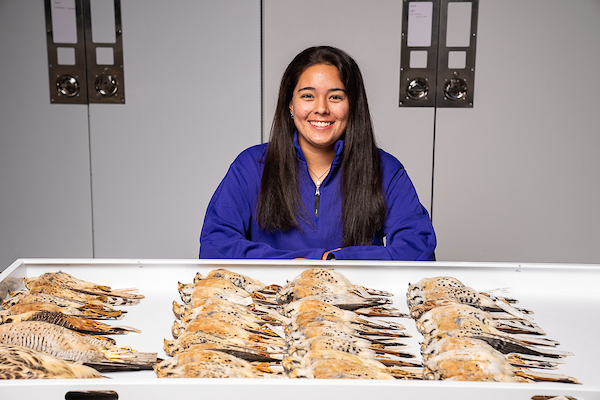
A hands-on approach
“Taking hands-on classes and seeing the interdisciplinary material that was taught for these degree plans is what really solidified my decision to go into an Ecology and Conservation Biology degree instead of biology. In ECCB I found what I was really interested in and excited to learn more about those topics. I found my true passion.”
McKenna Sanchez, ’23, Ecology and Conservation Biology Major
ECCB Undergraduate News
Passion for conservation drives student’s impactful initiatives in the community

Skyler Nix, a sophomore in the Texas A&M College of Agriculture and Life Sciences Department of Ecology and Conservation Biology, is a passionate advocate for conservation and biodiversity.